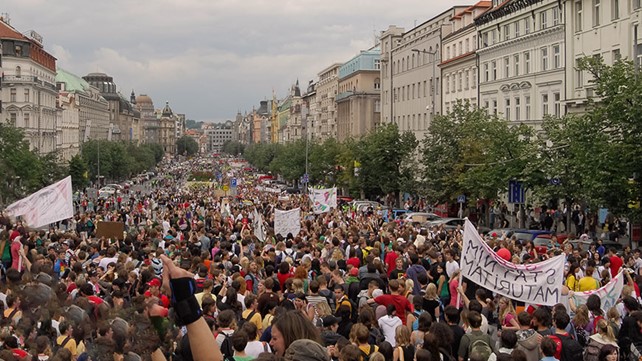Communauté genevoise d'action syndicale (CGAS) v. Switzerland, N. 21881/20, ECtHR (Third Sezione), 15 March 2022

This case represents one of the first decisions condemning a European State for legal measures related to the restriction of fundamental rights and freedoms due to the COVID-19 pandemic.
CGAS (Communauté genevoise d'action syndicale) is an association that aims to defend the interests of workers and organizations that are part of the labour market, particularly in the area of trade unions and democratic freedoms.
Invoking Art. 11 ECHR, the claimant argued that it was deprived of the right to organize or participate in any peaceful public meetings by virtue of an order issued during the early months of the COVID-19 pandemic (March-May 2020).
The Court upheld the appeal by a narrow majority (4-3), ruling that in light of the threat posed by Covid-19 not only to the society but also to public health, temporary restrictions on the freedom of peaceful assembly constitute a legitimate purpose prescribed by Art. 11 ECHR.
However, in light of the importance of freedom of peaceful assembly in a democratic society, on the one hand, and the generalized nature and significant duration of the ban on public demonstrations, on the other hand, in the instant case the interference with the enjoyment of the rights protected under Art. 11 ECHR is not proportionate to the stated objectives pursued, given, moreover, the nature and severity of the possible penalties for violating the ban on public meetings.
Finally, the Court found that the domestic courts did not conduct an effective judicial review of the measures in question during the period of the rule's validity and, as a result, the respondent State exceeded the margin of appreciation reserved for it: ultimately, the interference was not necessary for a democratic society.
(Comment by di Tania Pagotto)

